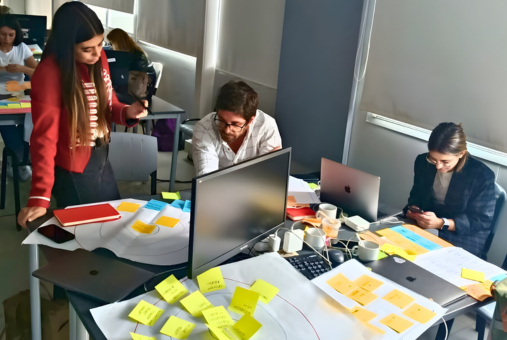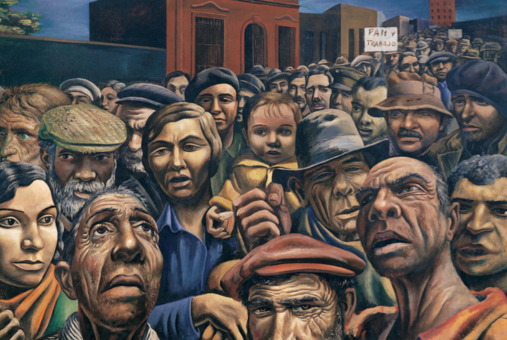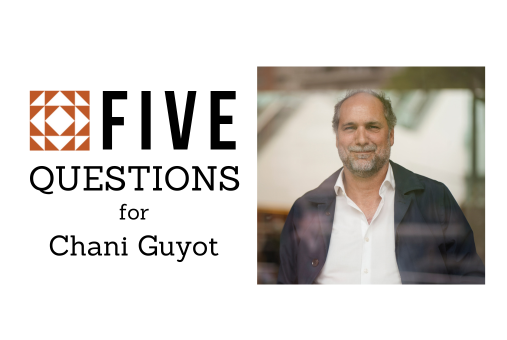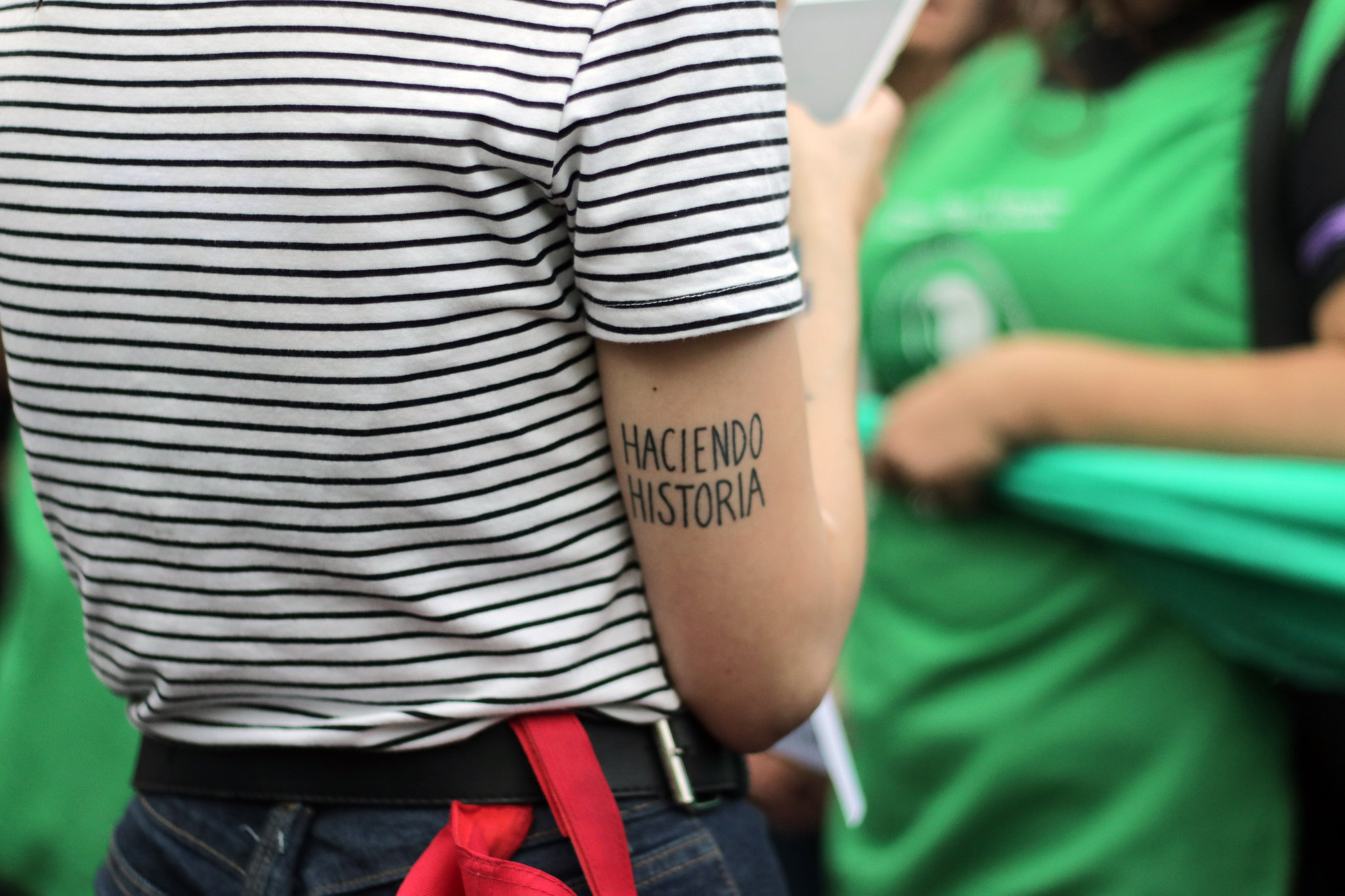
From Patagonia to Montevideo, independent newsrooms are creating their own artificial intelligence prototypes — no coding expertise required.

With help from MediaFact Latam’s mentorship program, outlets with scarce resources are building flexible teams to take on bot farms and fake videos.

A new report finds one-third of Argentine news outlets use AI to boost efficiency and better serve their audiences. But experts warn weak oversight leaves them vulnerable to the very platforms they rely on.

In a new book, Argentine professor and journalist Fernando Ruiz maps the life cycle of citizen rights. He argues in an interview with LJR that journalism can strengthen or erode them at every step.

An AI-driven investigation by La Nación into President Javier Milei’s speeches and interviews found he routinely uses personal attacks to shape a new national narrative. Here’s how a multidisciplinary team conducted the analysis.

Over more than 40 books, Argentine journalist and writer Martín Caparrós has chronicled the contradictions that define nations and individuals. Now, confronted with an ALS diagnosis, he turns inward to explore memory, identity, and a lifetime of storytelling.

A study conducted by the Argentine Journalism Forum reveals that 70% of the women journalists interviewed have suffered psychological violence in the exercise of their profession.

In LJR’s “Five Questions,” the veteran Argentine editor and media entrepreneur encourages colleagues to continue believing in “healthy” journalism that centers audience needs and the human stories that are transforming the world.

Digital satire programs, such as Mexico’s “El Pulso de la República” or Colombia’s “La Pulla,” are gaining increasing visibility and having big impacts on public discourse in their countries. They’re also filling the gap in sociopolitical criticism left by traditional media, according to research by Peruvian journalist and academic Paul Alonso.

Clarín and La Nación managed to make so much progress where many around the world have failed. From installing paywalls to offering exclusive content, here's how they've done it.

As women’s rights have advanced in Argentina, six in ten women journalists are facing a backlash of online violence, Amnesty International finds. ‘When progress is made, resistance is greater,’ said one editor.

Brazilian journalist Vanessa de Macedo Higgins Joyce focused on Argentina, Brazil and Colombia and found ways in which digital news media can build consensus in polarized societies.